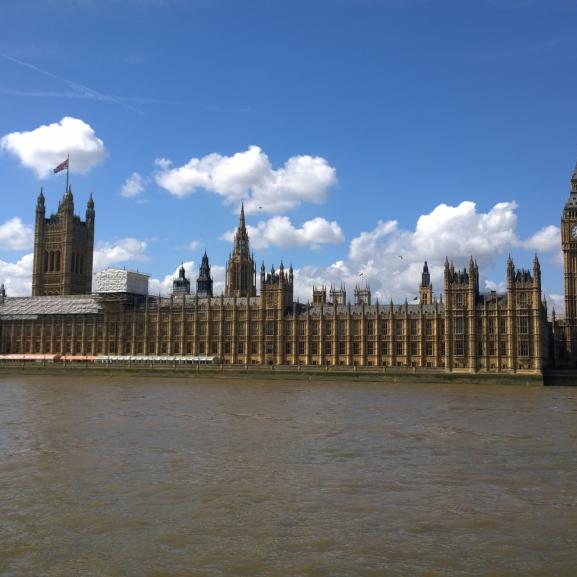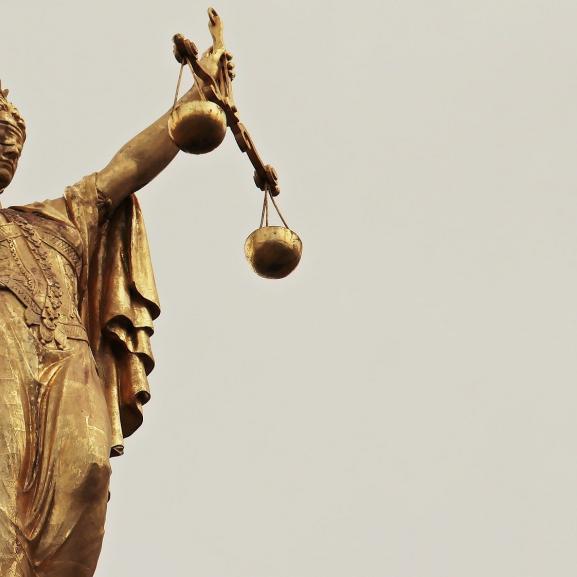UKBA review of safeguard to release torture victims from detention fails to deliver
An audit of the UK Border Agency's process for reviewing the immigration detention of individuals who claim they are survivors of torture, published today by the Home Office over a year after it was conducted, totally fails to deliver on its intention to establish the extent to which the UKBA is complying with its policy against the detention of torture victims except in 'very exceptional circumstances'. Today's report states that in 91 per cent of cases where "Rule 35" forms were filed by medical practitioners in detention centres, the individuals were not released, but no explanation as to why these decisions were taken is offered.
Keith Best, CEO of the Medical Foundation for the Care of Victims of Torture, said "We have suspected for some time that the Rule 35 process is chronically dysfunctional, based on evidence we have collated of clear failures to release individuals from detention. Our doctors have subsequently documented abundantly visible signs of torture in these people. Having suppressed the findings of the audit for over a year, the UKBA has now delivered a wholly inadequate review covering only its administrative failings. Why has the Agency broken its promise to conduct scrutiny of the decisions taken not to release those claiming to be victims of torture?"
Keith Best added: "We believe that failings in the Rule 35 process have contributed to the unlawful detention of many vulnerable people and show a sharp example of the poor treatment that torture survivors seeking protection can experience at the hands of the UKBA. The government must urgently release the missing information promised in this audit and take immediate steps to address problems beyond tinkering with administrative processes."
One Medical Foundation client with multiple scarring whose claims of torture were filed by a detention centre doctor in a Rule 35 report did not hear any response from the UKBA caseowner for 10 days, let alone the required 48 hours. The woman subsequently offered to show her scars to UKBA officials, but was told not to do so because men were present, and her detention continued. Another woman disclosed multiple rapes, while her scars from whipping with electric cables were clearly documented on the Rule 35 form completed by a detention centre medical practitioner. The caseowner responsible for reviewing her detention maintained that "at this stage no objective evidence indicating that you have been tortured has been received". The Home Office agreed with a High Court judgement in 2006 that an opinion or report from a doctor could constitute "independent evidence".
Juliet Cohen, lead doctor at the Medical Foundation, said: "Holding a torture survivor in detention can clearly lead to their re-traumatisation and UKBA must make every effort to avoid this. We've repeatedly stressed that the Rule 35 process is essentially set up to defeat itself. The reasons given by UKBA officials for refusing to release someone do not relate to the information the doctor is asked to put on the form. Given how long UKBA have had to study each case individually, which was said to be the reason why the results of this audit have been delayed, it is outrageous that they have failed to explore such concerns."
This government has done little to improve problems in immigration detention, despite the fanfare around ending child detention. The government's neglect in this area is also costing millions of pounds of taxpayers money. According to the Home Office accounts, in 2009-10, £12 million was made in "special payments" to individuals who had been unlawfully held in immigration detention (including compensation payments in court or out of court settlements). Keith Best added: "We call on the Home Affairs Committee to urgently open an inquiry into unlawful detention. Only Parliament can force the government to come clean about how much public money is being wasted in these cases."






